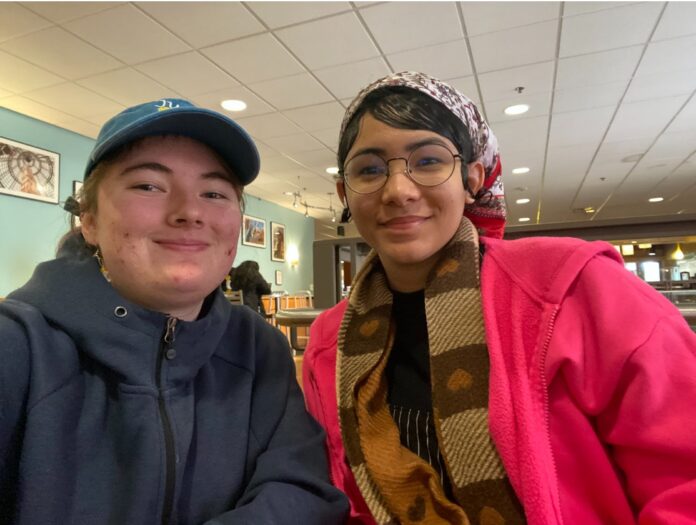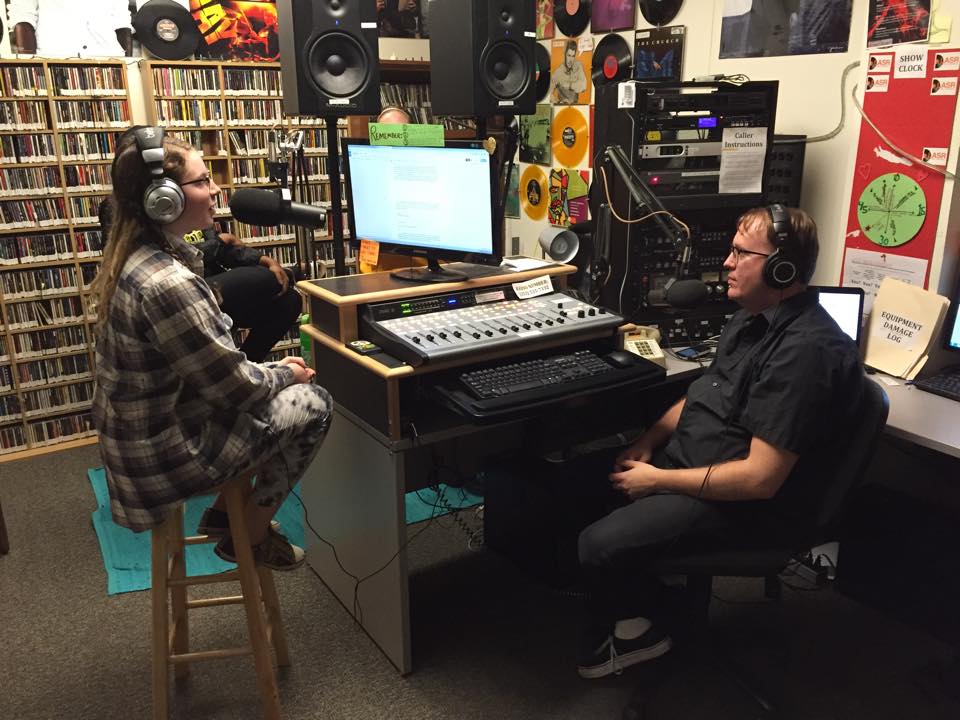As a worker in the commons, I find myself constantly interacting with new people on the daily. Conversations cycle by, varying slightly based on the participant’s personality, how they were raised, and how their day went. One night I was talking to an international friend of mine, and we got deep into a conversation about the difference in politics between America and Vietnam. What stunned me at the time was how little I truly knew compared to what I thought I did about life outside America. I took the opportunity to ask my international friends and coworkers a singular question: What were some of the biggest cultural shocks you experienced moving to America?
Food is something we all tend to think about when we think of differences in culture. Rehmat Kataria, a first-year from India, commented that she liked “that there is a lack of salt in food preparation.” Sanjina Kumari, a first-year from Pakistan said, “food back home is flavorful and spicy, while America has a lot more dairy and raw veggies.” Olie Santos Siqueira, a first-year from Brazil, mentioned that “[Brazillians] put a lot of beans in our meals because we associate beans with being healthy. I noticed there aren’t a lot of meals here with…beans in them.”
Transportation was a subject I wasn’t expecting when interviewing these students. Willow Lee, a first-year from Korea, commented that “public transportation here is dangerous compared to Korea.” Kataria shared her comparison, saying, “something I was surprised with was how often cars let me cross the road, not at all like in India where you practically fight for your life trying to cross the road.”
Another topic that came up in my conversations was the accessibility of those with disabilities across different countries. As Sabira Dosmambetova, a first-year from Kyrgyzstan said, “I like how all institutions in America are accommodating for people with disabilities… it isn’t like that in all areas in Kyrgyzstan.”
On culture shock, Kataria mentioned, “I was shocked with how much people open doors for each other.” Nomun Chuluunbaatar, a first-year from Mongolia said, “everyone says sorry and thank you all the time… [S]ometimes I feel like it takes the value out of being apologetic or thankful.” Yom Aymeku from Ethiopia gave a different opinion, “It’s a lot more formal here, everyone waves to say hi, but at home we give hugs to everyone.” Ire Ha from South Korea gave me a story, “offering to help people is sometimes frowned upon in America, South Korea we always offer a helping hand – like helping carry groceries and such; if not you are seen as a bad person. For example, I wanted to help a group [here in the States] out with an outdoor activity… and it just seemed like they were uncomfortable with it…”
Learning the culture of someone else is one of the many ways you truly get to know an individual. A person’s nature, moral compass, dietary habits, or speech pattern, all spring from the rich culture that person is nurtured in. Learning about the history and the daily rituals of another culture is something that grows mindfulness and curiosity within a community, especially a community that cares about diversity like PLU.



















